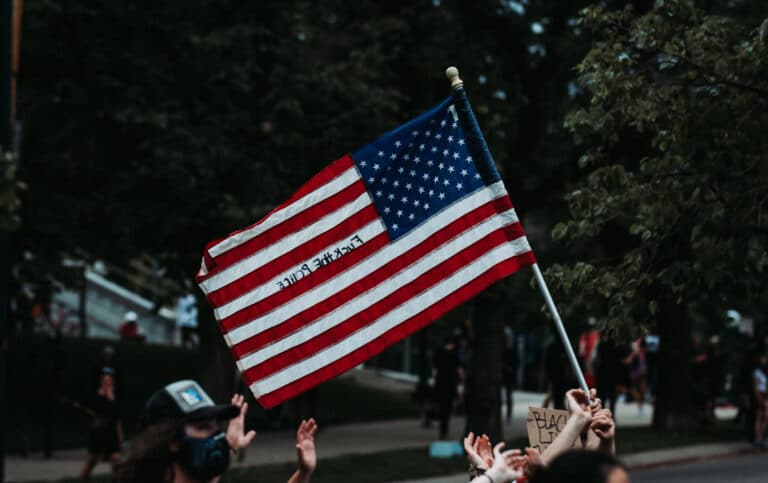Juneteenth, 19 June, has officially become a US federal holiday in 2021

The US Senate has finally unanimously passed a bill—an extremely rare bipartisan moment—to officially mark Juneteenth as a federal holiday. The bill will now move to the majority Democratic House of Representatives floor where it is expected to pass easily. All it needs after that is President Joe Biden’s signature.
A similar move was made on his part at the start of the month, when he recognised the Tulsa massacre as an official memorial day. It appears that Biden’s administration is attempting to keep the promises it made to address systemic racism and its history in the US. Are these promises actually being kept though? We’ll get to that in a moment, but first let’s breakdown what Juneteenth is all about. It’s important.
What is Juneteenth?
Juneteenth, or as it’s officially known, Juneteenth National Independence Day is on 19 June—its name given by African Americans in the state of Texas. It is often misunderstood as being the day in which slavery was made illegal—this is incorrect. Although President Lincoln’s Emancipation Proclamation officially illegalised slavery across the country in 1863, it wasn’t until 19 June 1865 (almost two years later) that enslaved African Americans of the South learnt of their emancipation.
Representative Val Demings had this to say, “When President Abraham Lincoln signed the Emancipation Proclamation, America demonstrated its ability to rise to its values. But, America’s history, as we all know, is complicated. For it took two years, from 1 January 1863 to 19 June 1865, for the last group of enslaved Americans to receive official word that they were indeed free. But we know today, Madame Speaker, that our work is not yet done.”
#Juneteenth must be more than just a special day. Coretta Scott King said that "struggle is a never-ending process, Freedom is never really won, you earn it and win it in every generation."
— Former Congresswoman Val Demings (@RepValDemings) June 15, 2021
We all have an obligation. We all must carry the torch of freedom. pic.twitter.com/1tZMBP2OSR
The first recorded celebration of Juneteenth was 19 June 1986 in Texas and eventually spread to the neighbouring states. A group of formerly enslaved people pooled money together and purchased ten acres of land in Houston, Texas in 1872—this plot of land was named Emancipation Park and is still used to this day as a space for Juneteenth celebrations.
It is important to note that sadly, Juneteenth still does not represent the emancipation of all enslaved African Americans. Douglas Blackmon, an American writer and journalist, won a Pulitzer Prize for his book, Slavery by Another Name—in it, he writes that slavery in the US continued for another eighty years. We know that even now, with systems in place like the 13th amendment, mass incarceration and police brutality, slavery never really ended, it just evolved.
Will things actually change?
Although this is a moment to celebrate, others are rightfully critical of such a surface-level change. I mean wasn’t it just last month that Texas followed a long line of states to ban critical race theory in schools? How can you celebrate a day that you’re not allowed to learn anything about? That doesn’t make any sense. And it gets even worse than that. What about actual change? George Floyd’s Justice in Policing Act has yet to be passed by the US Senate—more than a year after his murder. Breonna Taylor has yet to receive any amount of actual justice. It seems the only way the Democrats can get the Republicans to vote on anything is if it doesn’t actually change the system.
So while it is important to see this a win, let’s not forget the losses.




